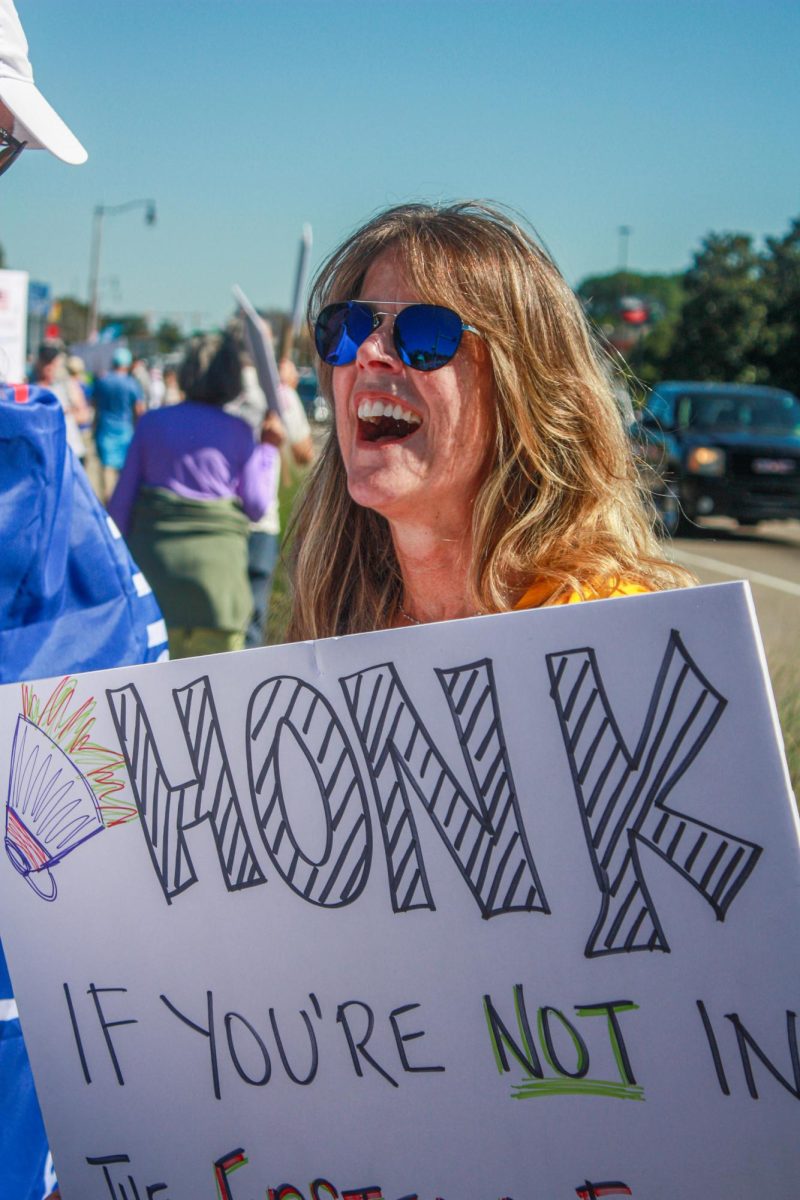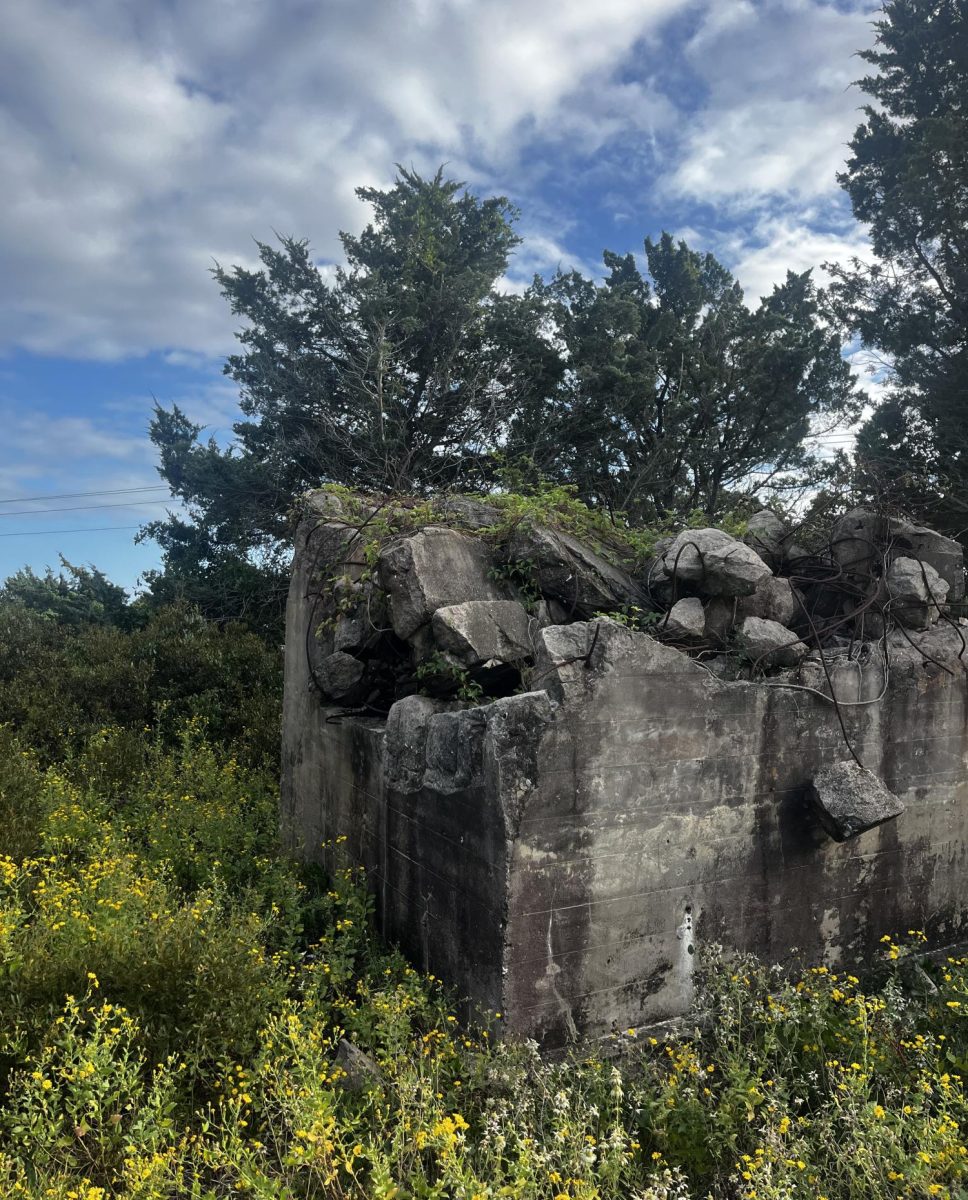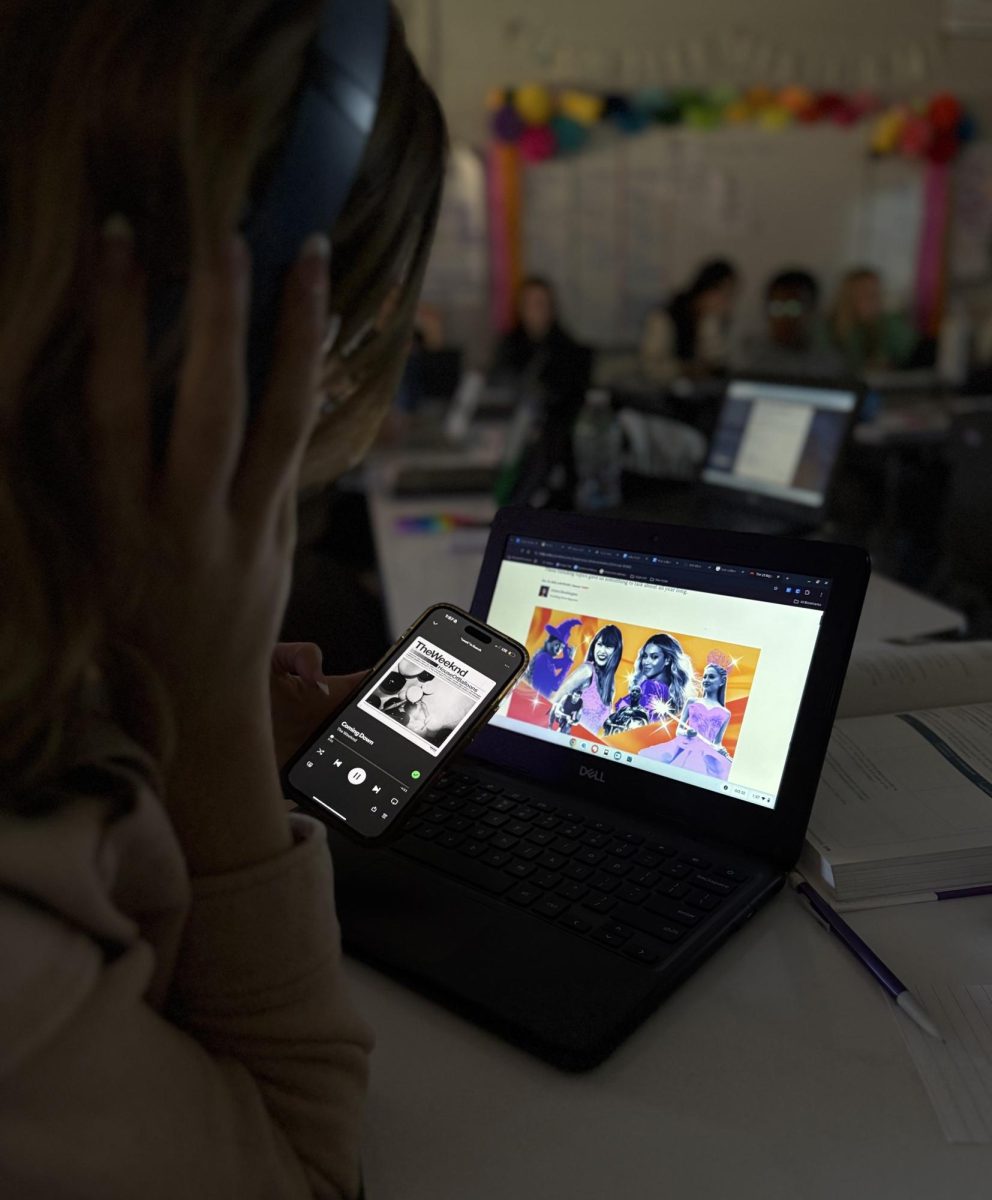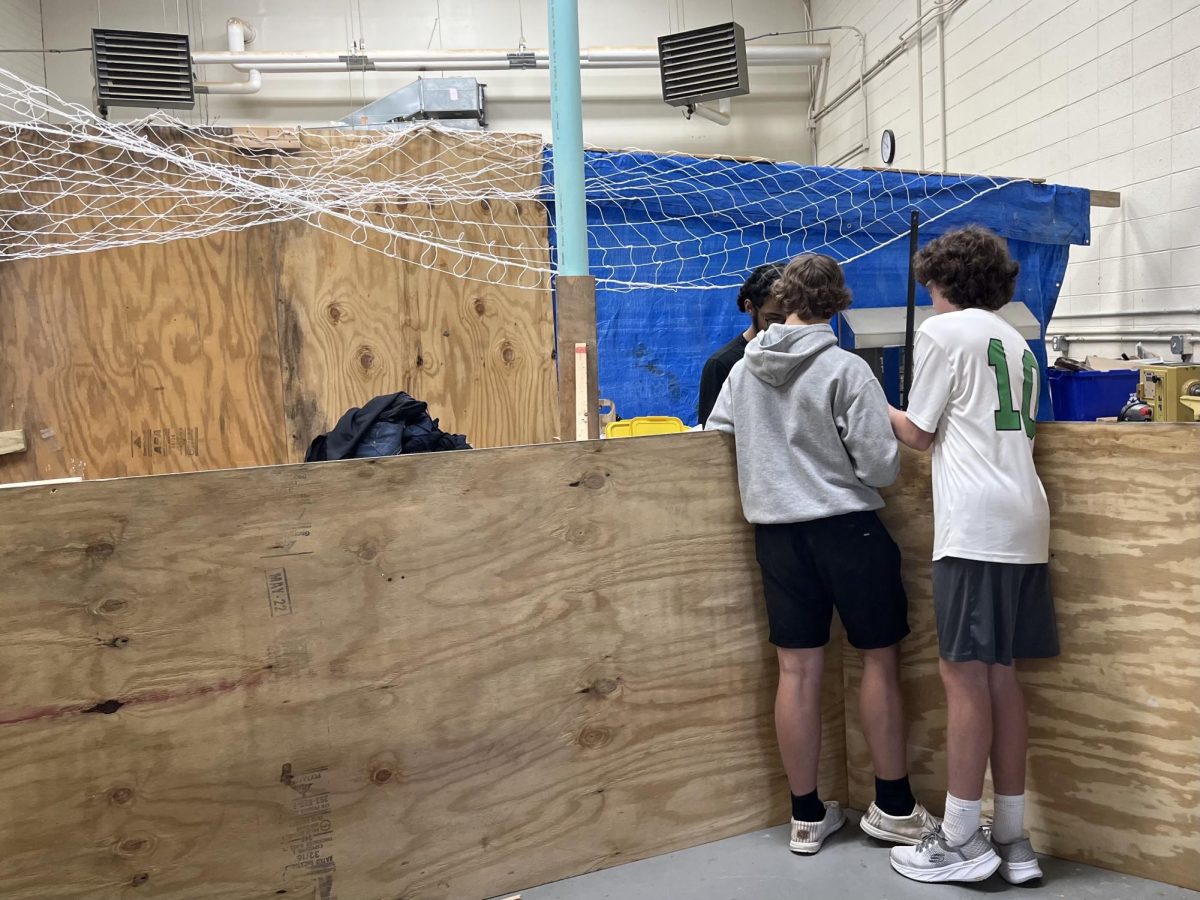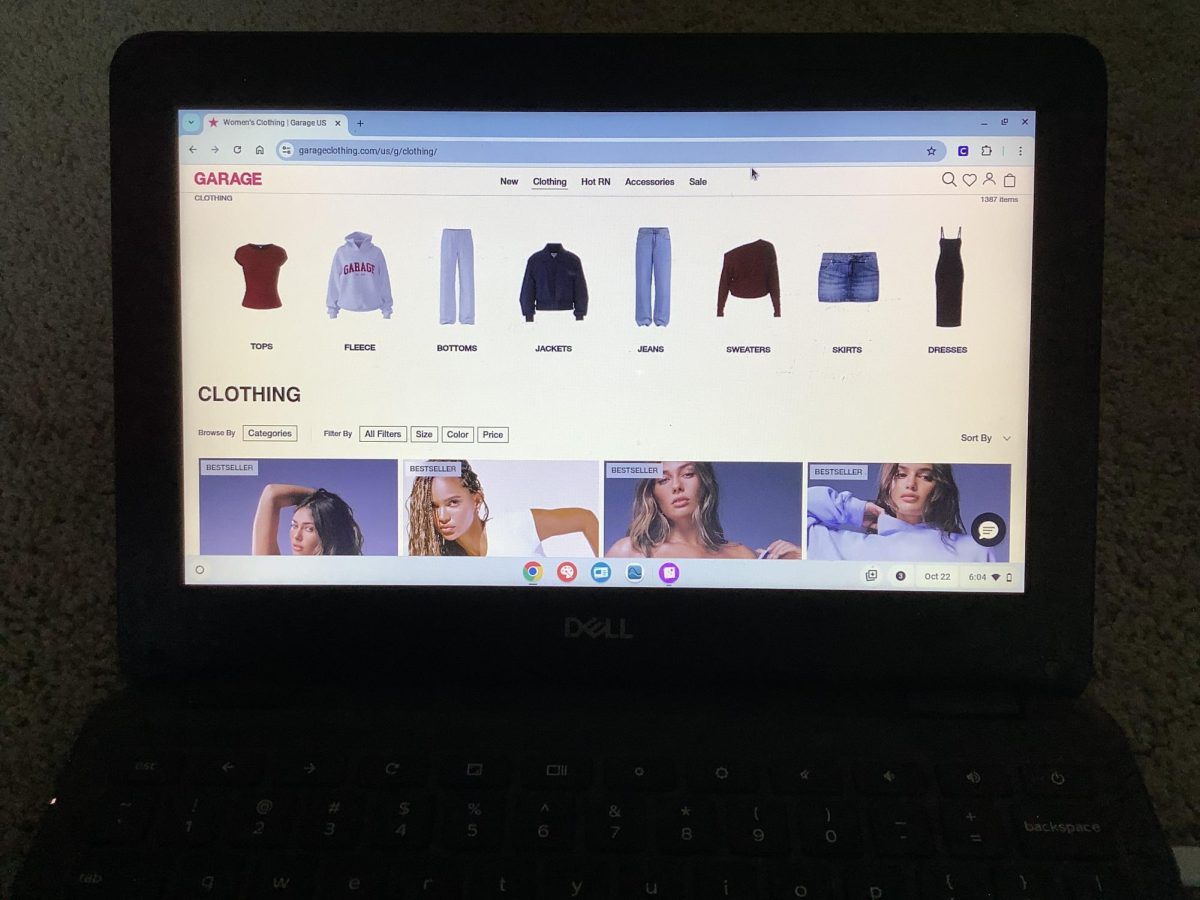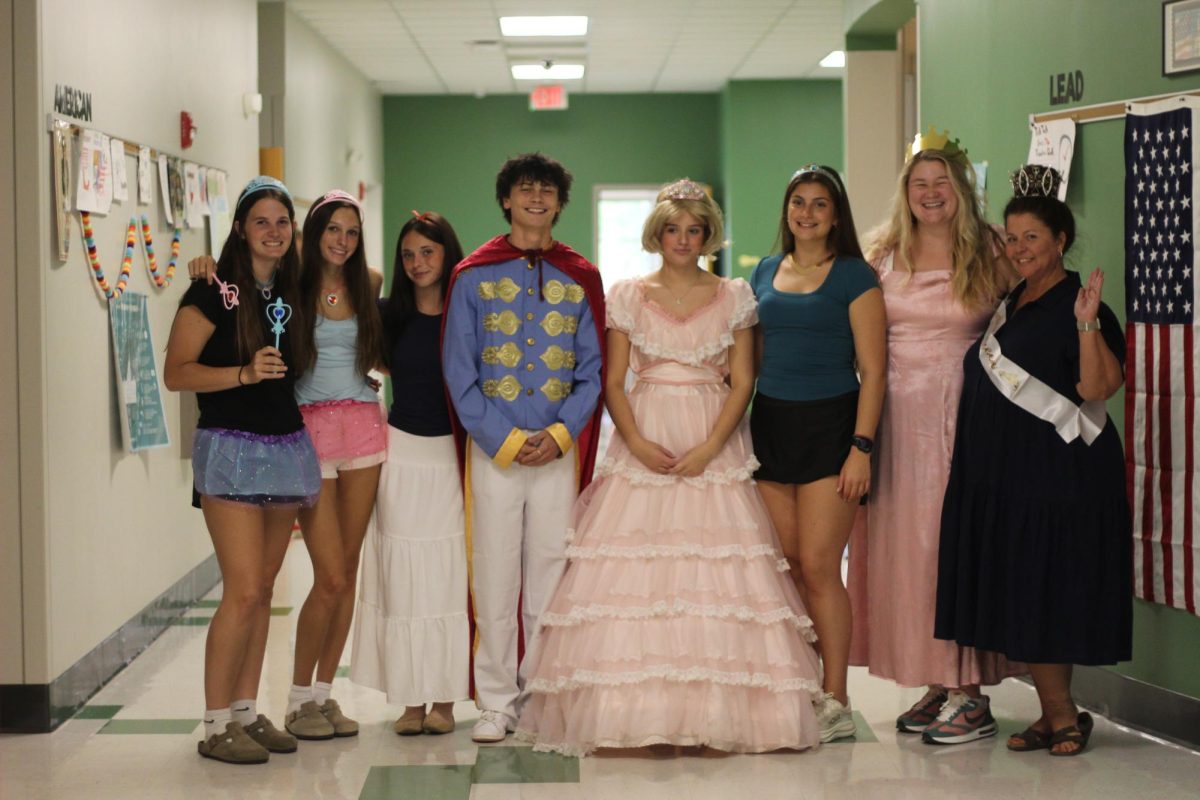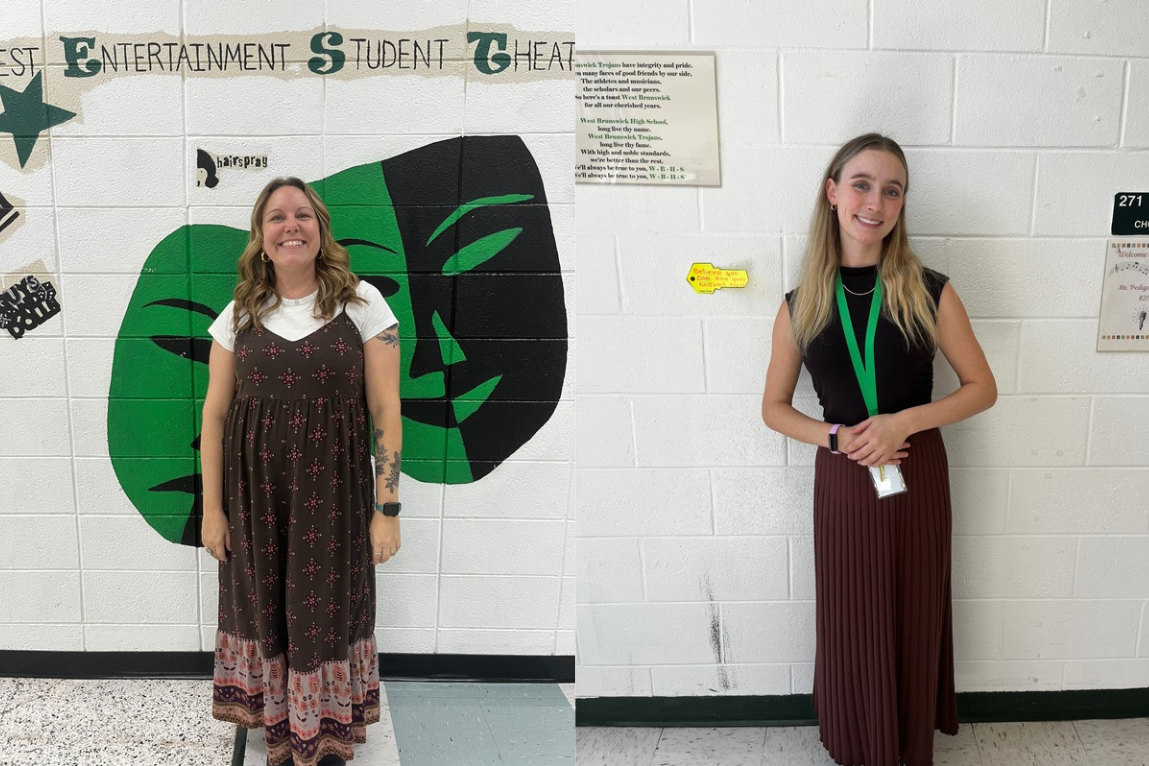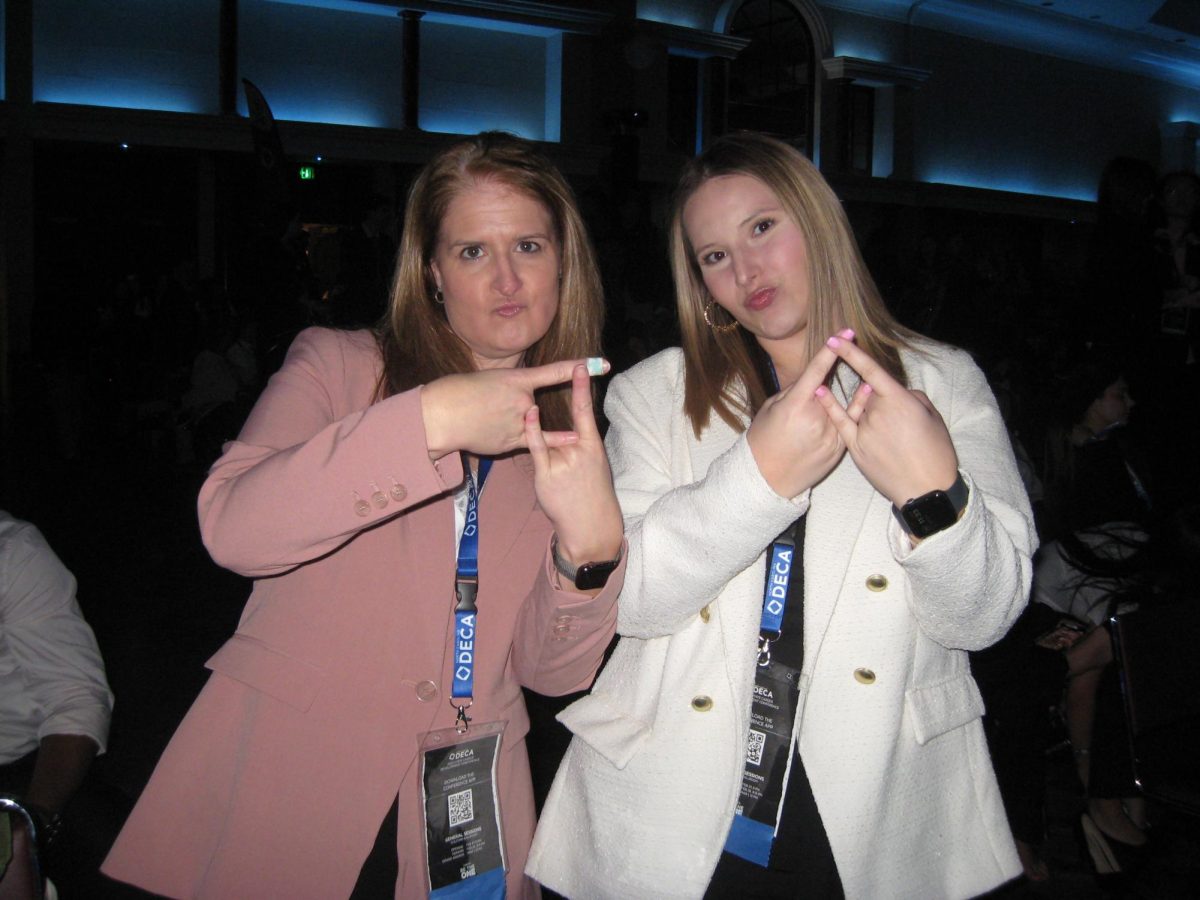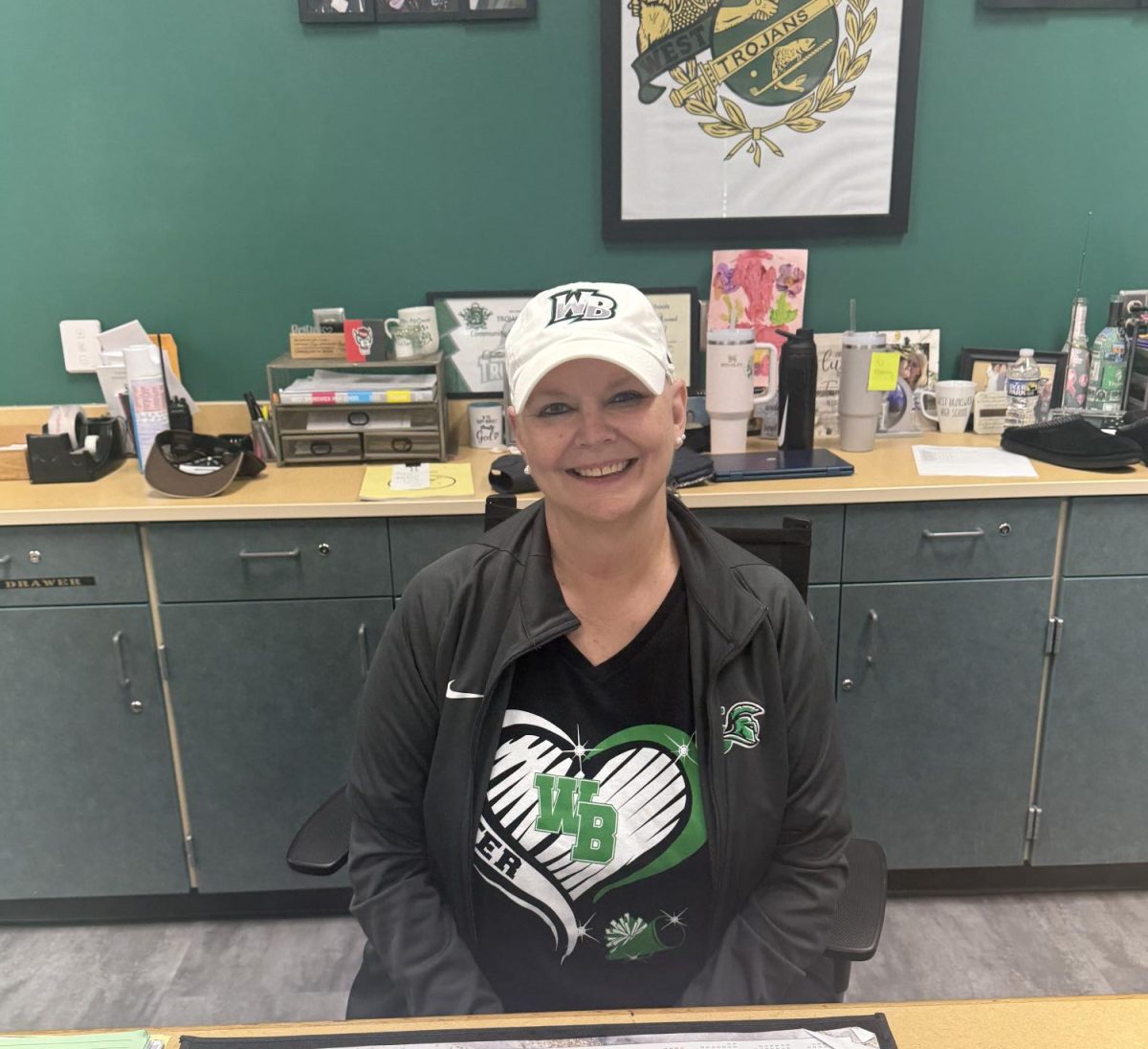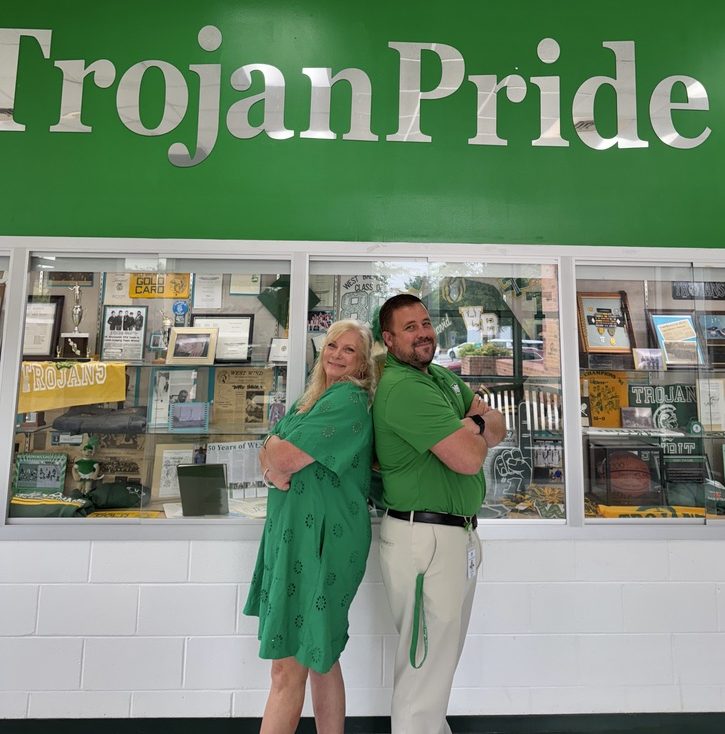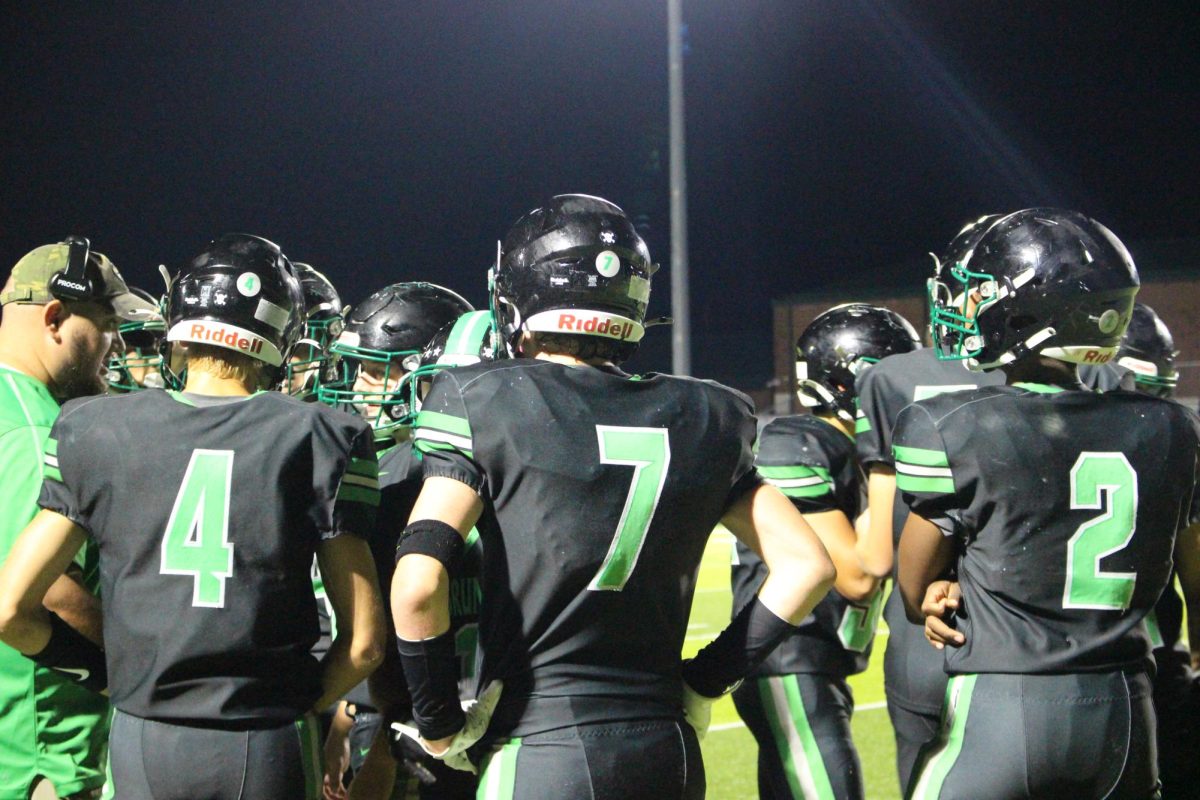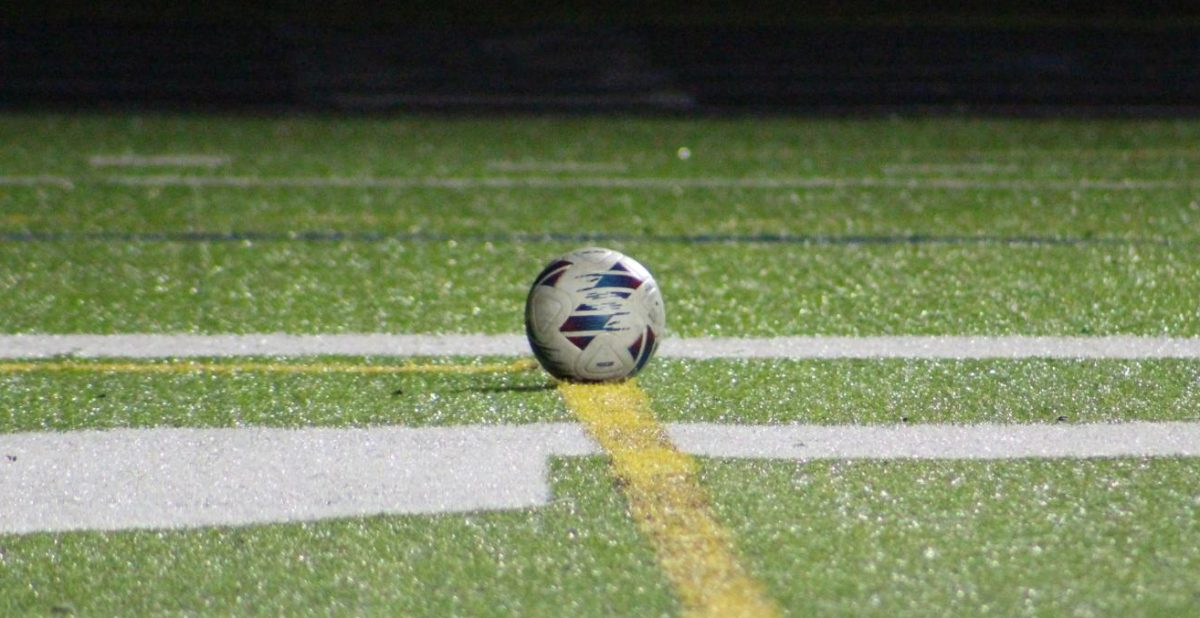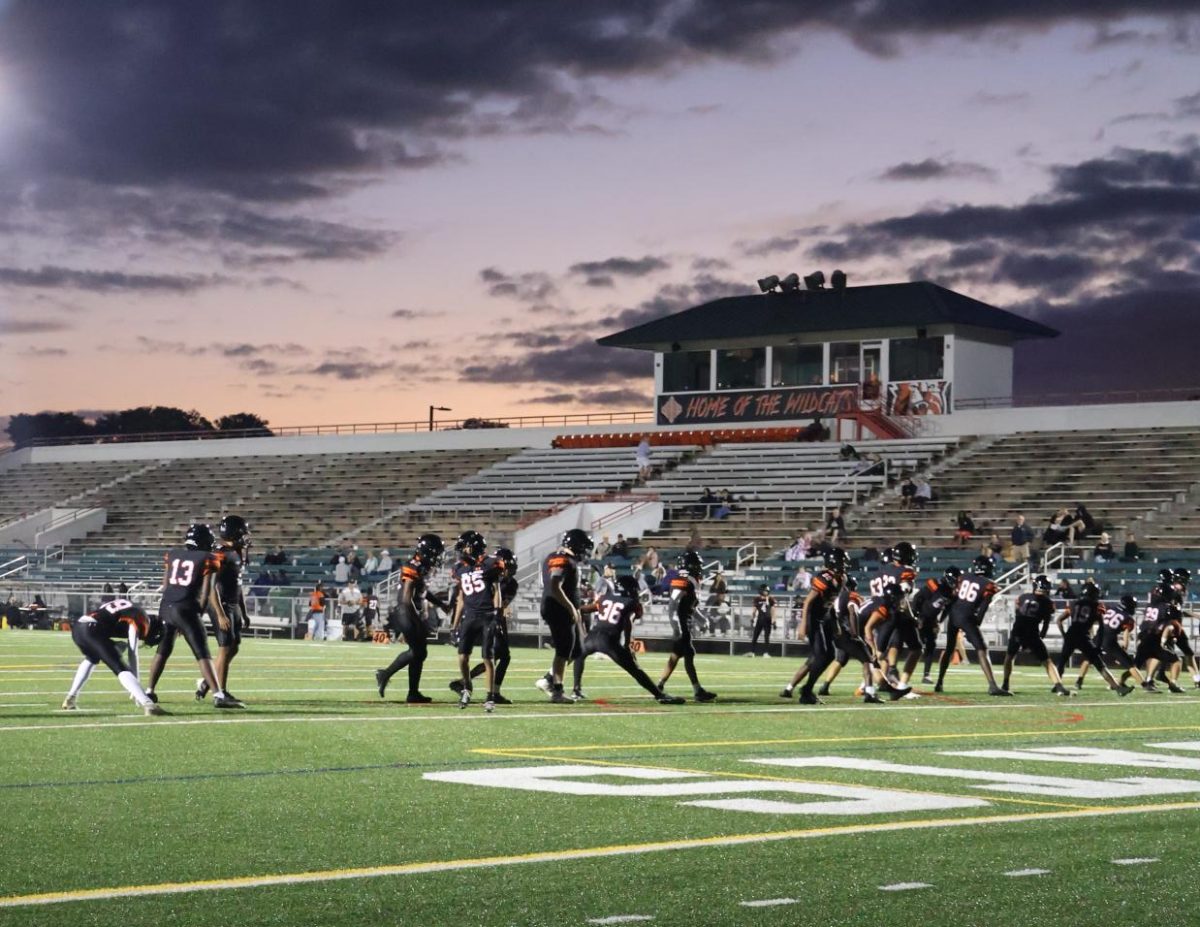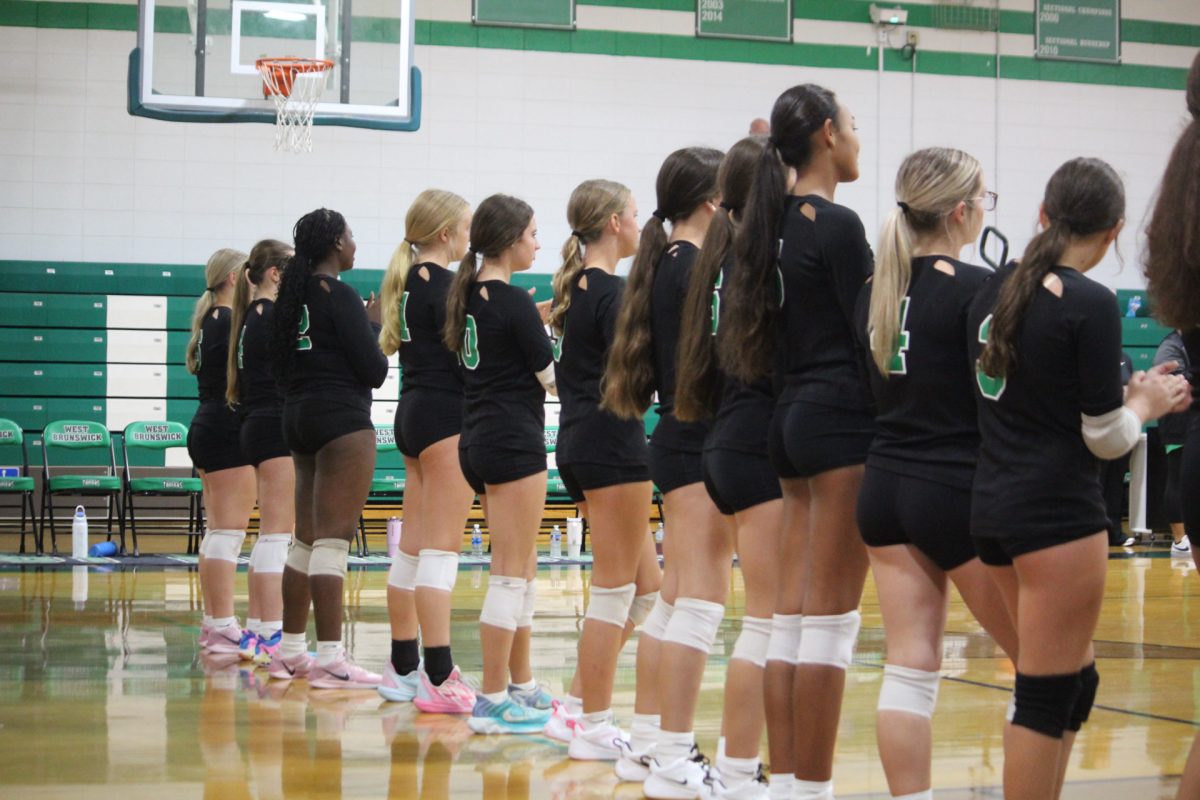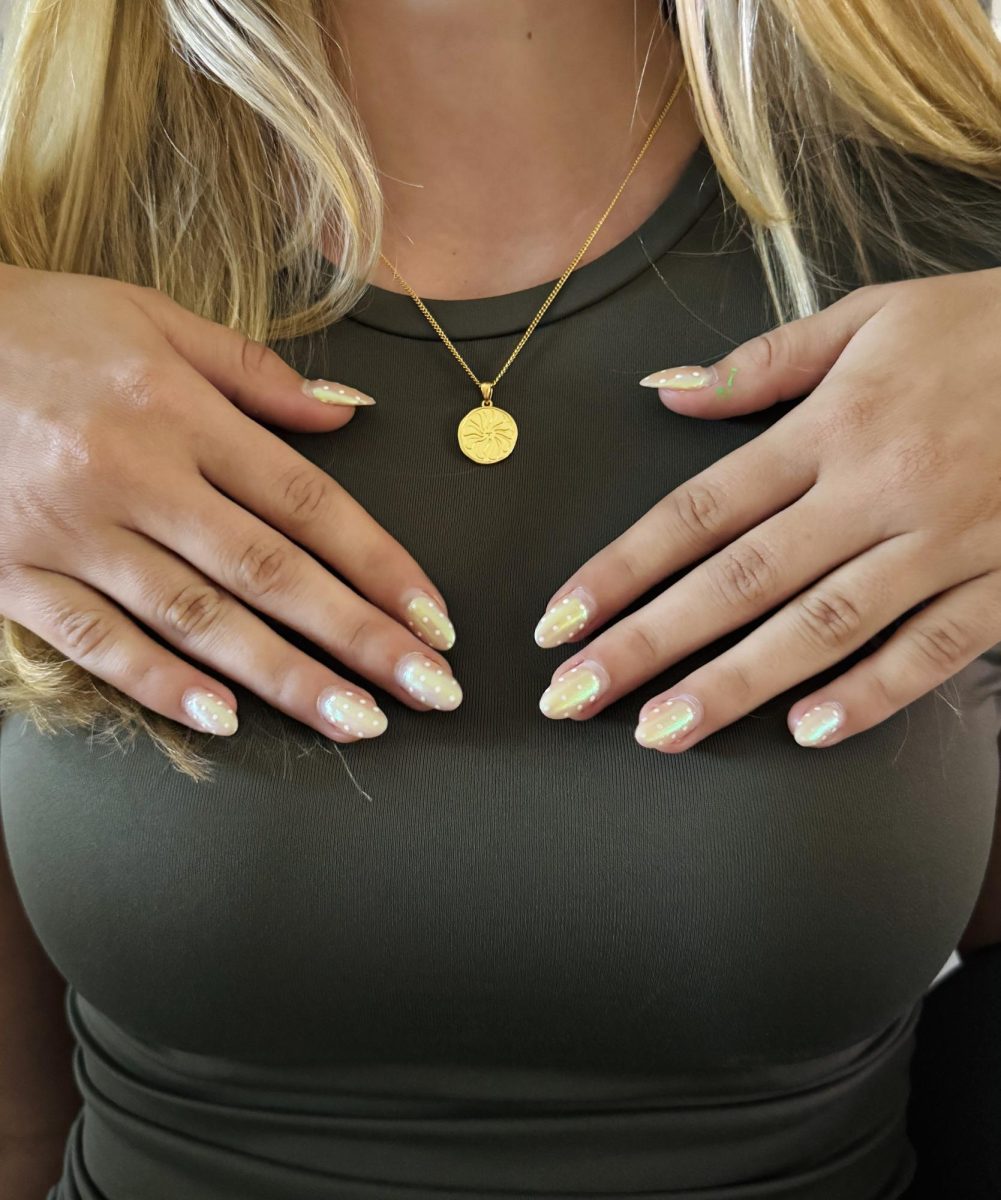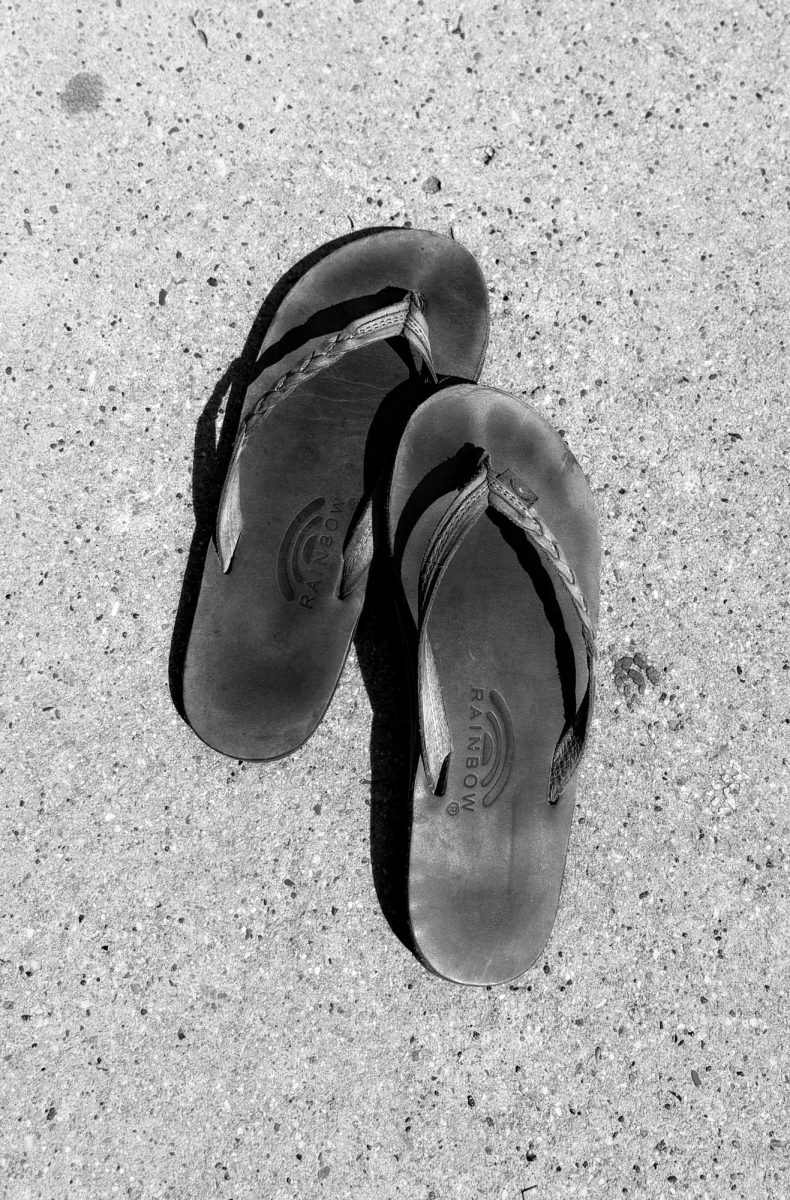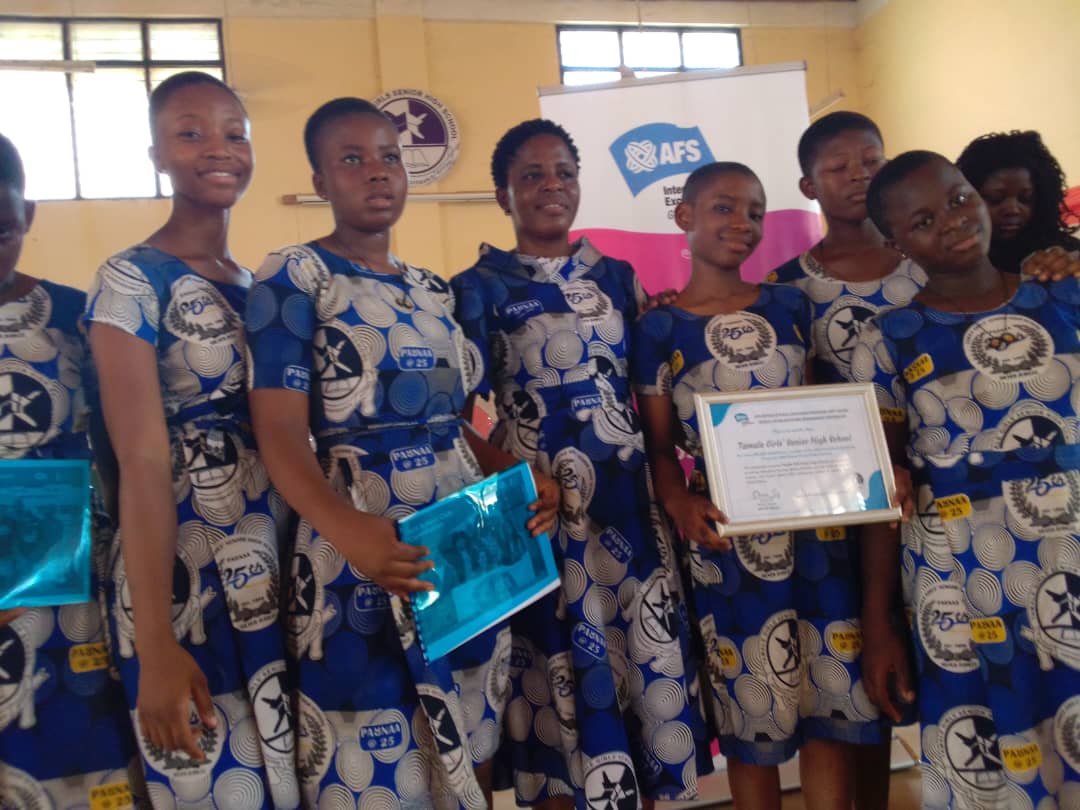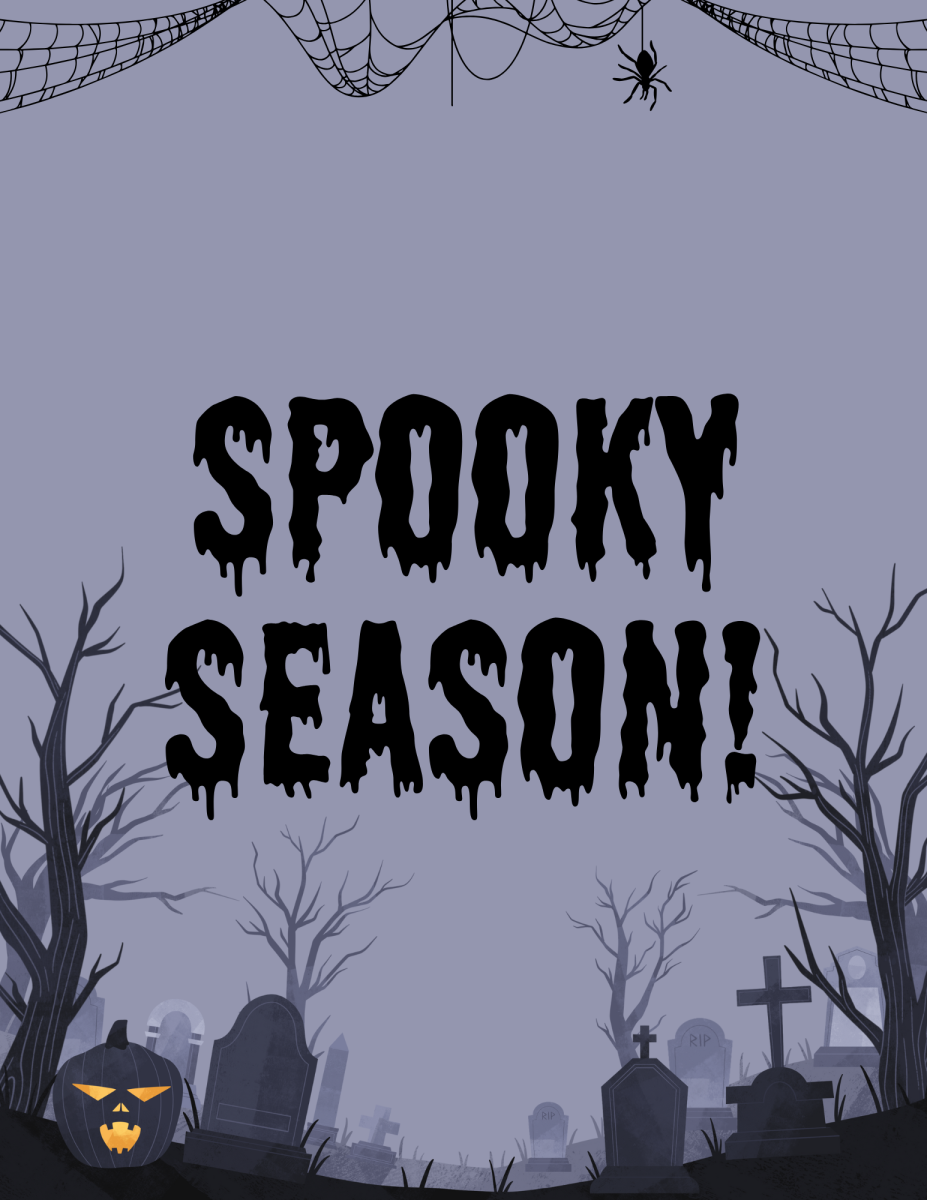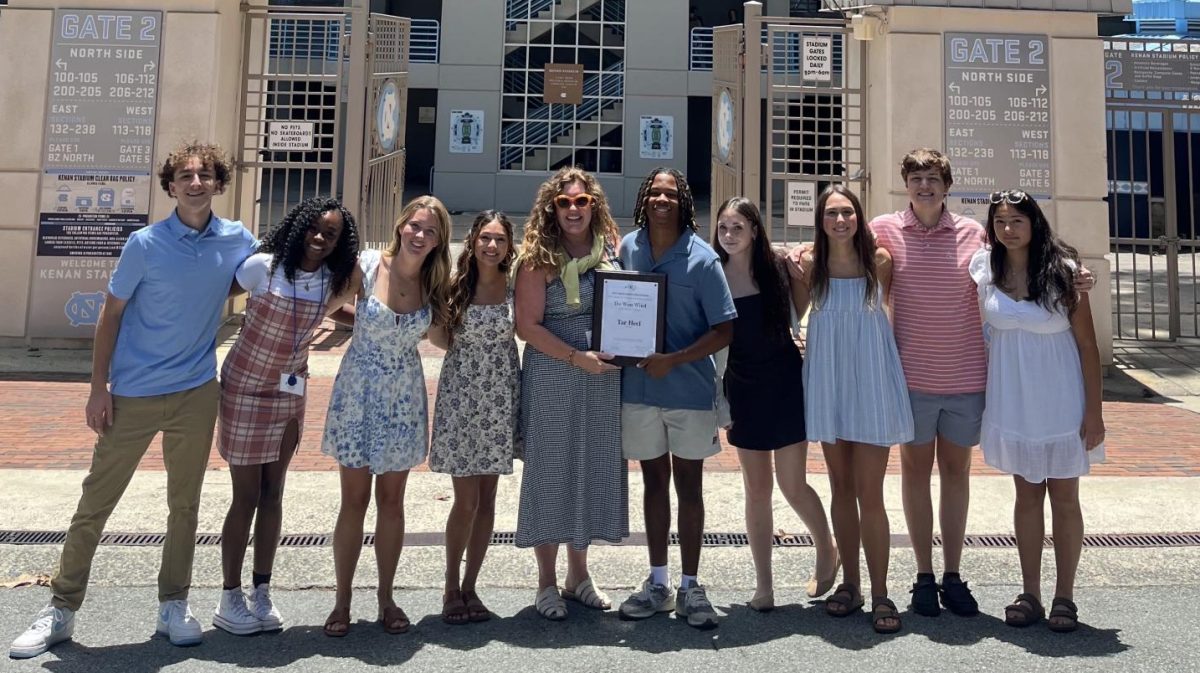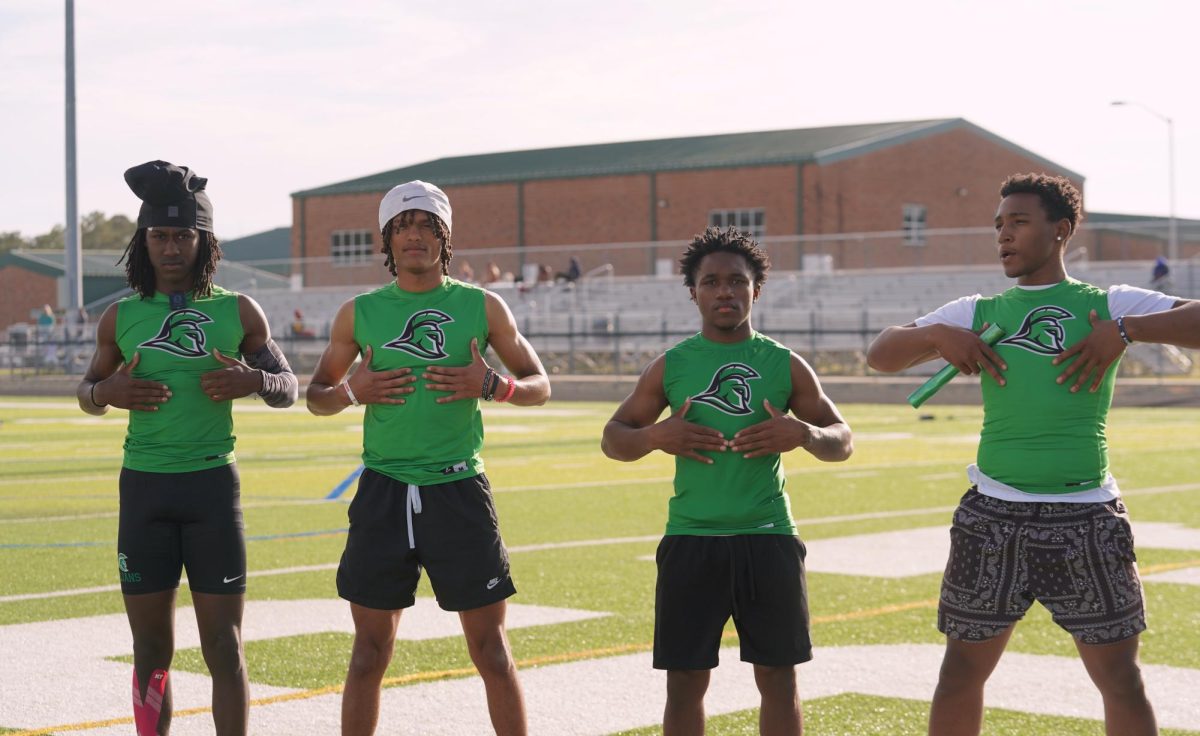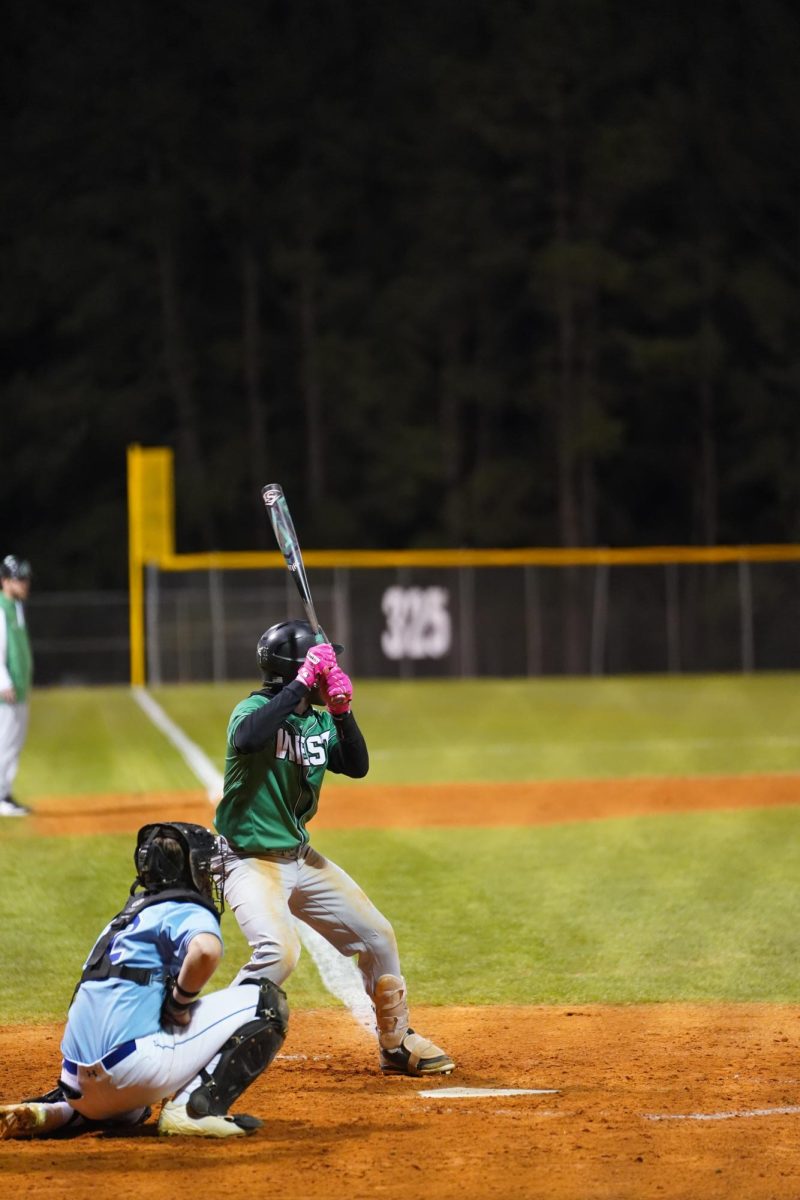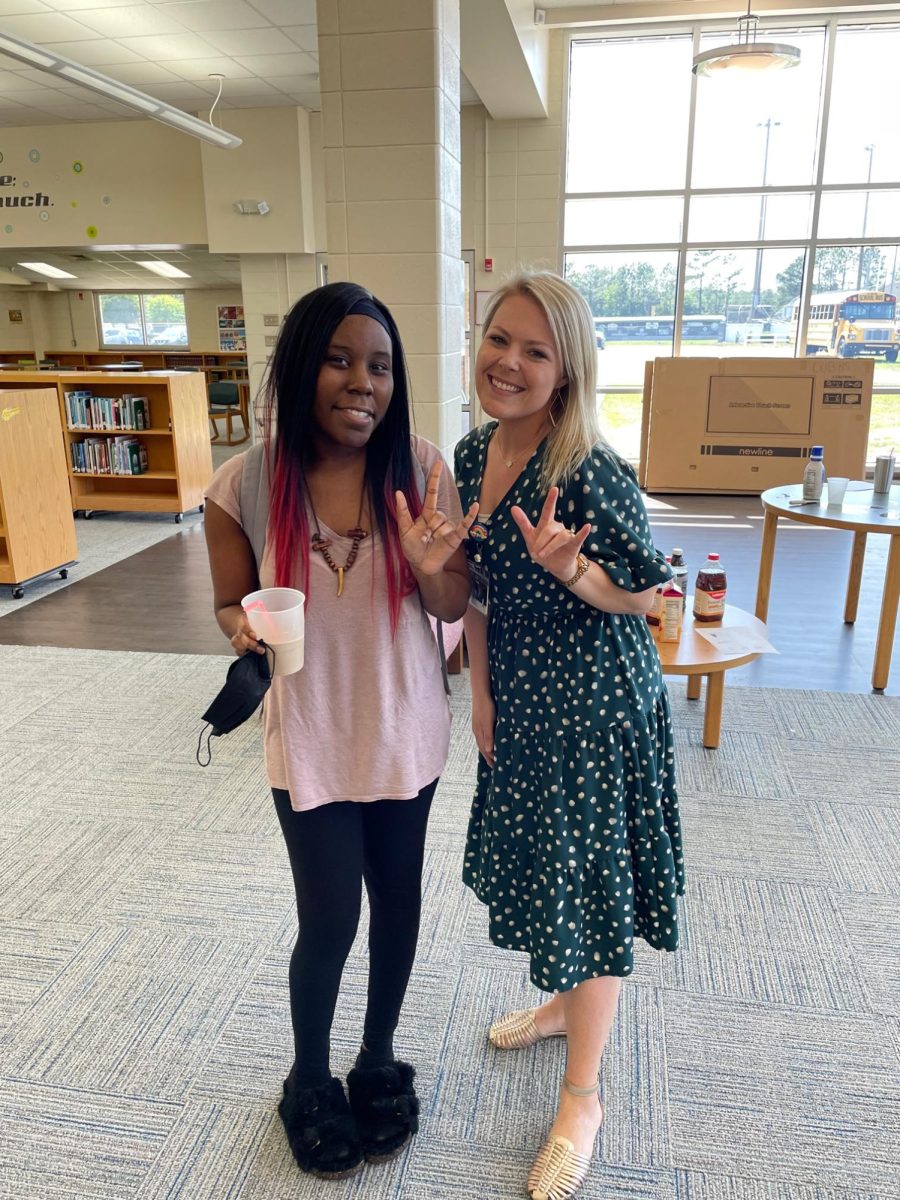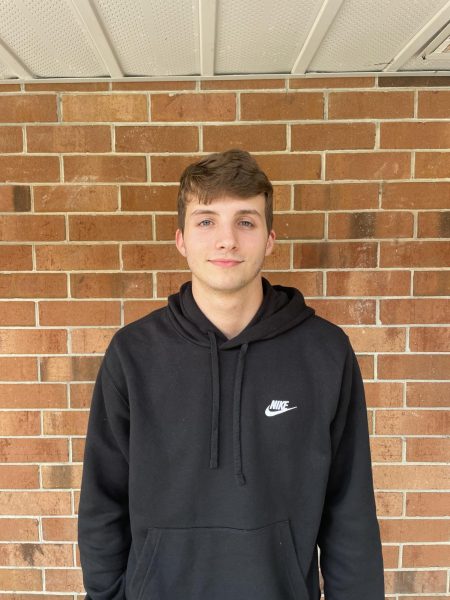Many of us spend a large part of our day listening to music, watching TV or talking to one another. For senior Lavoria Hill, things are much different.
“I was born hearing, but I lost my hearing at age three,” said Hill. “When I was little, I had a cochlear implant put in. […] I can hear somebody banging on the door, but other than that I can’t really hear without my cochlear in. With my cochlear, I felt that I could improve with communicating.”
A cochlear implant is a small electronic device that helps someone who is hearing impaired to get a sense of hearing around them. Getting the cochlear implant may sound like a great improvement; however, when a person goes from not being able to hear to being able to partially hear, it can be quite uncomfortable to get used to.
“I wasn’t used to the noise and people talking around me,” said Hill. “Sometimes it would be so bothersome to me that I would take my cochlear off. Then later I would keep it on more, and I would get more acclimated to people talking around me.”
At the age of four, Hill attended the Eastern North Carolina School for the Deaf where she lived on campus. There she learned how to properly sign, read and write. In that environment she wasn’t alone and was able to communicate effectively with everyone. During her freshman year of high school, Hill transferred to West Brunswick.
“There were a lot of students in the hallway, and I couldn’t hear them,” said Hill. “I didn’t want to be around them; I didn’t want people staring at me. I cried a lot, and I was very nervous, very anxious. This interpreter came online and that helped me feel a little better. Gradually, I have improved here at school.”
Thankfully when she got to West, she wasn’t alone. Hill’s brother was here to ease the transition and at that time they spent a lot of time together. She also made quite a few new friends here that make everything easier. The school is continuing to have ways to make students like Hill more comfortable including the addition of the American Sign Language(ASL) club.
“There was no sign language club when I came here,” said Hill. “ It came when I was a junior. I like the sign language club because I made friends there. I can teach them my language. […] I want my friends to be able to talk to me, [so] I took the time to teach them to sign.”
In the ASL club, Hill has recently taken on a leadership position, getting in front of her peers and teaching them her language.
“She has come a long way from the quiet shy girl she was in the hall,” said Hill’s job coach Abra Corcoran.
Even with the ASL club’s popularity, there aren’t many students who know sign language. The club has some members that have been there for multiple years, but that is still only a handful of students. This means that for Hill and any future students with a hearing impairment, there is a difficult communication barrier.
“When we have a student who is deaf, they are completely isolated,” said Mahoney. “It would be nice to be able to see my students who are deaf or hard of hearing to be able to communicate and build relationships with other students.”
According to the National Association of the Deaf, in 2007 North Carolina legislation recognized ASL as a foreign language that fulfills the minimum admission requirement for foreign language requirements at the state’s colleges and universities, along with ASL teacher certification standards. It is taught at nearby schools like New Hanover High School and we have deaf communities as local as Oak Island, not to mention Brunswick County being one of the fastest growing counties in the country. Though there is no course offered here currently, with enough interest, it is a possibility for the future.
“If you want to go to college you need a foreign language credit,” said Mahoney. “Not everybody is that auditory learner. Some people are very visual learners, ASL is all visual, it’s the whole point. So if you are a really visual learner you can get that foreign language credit.”

